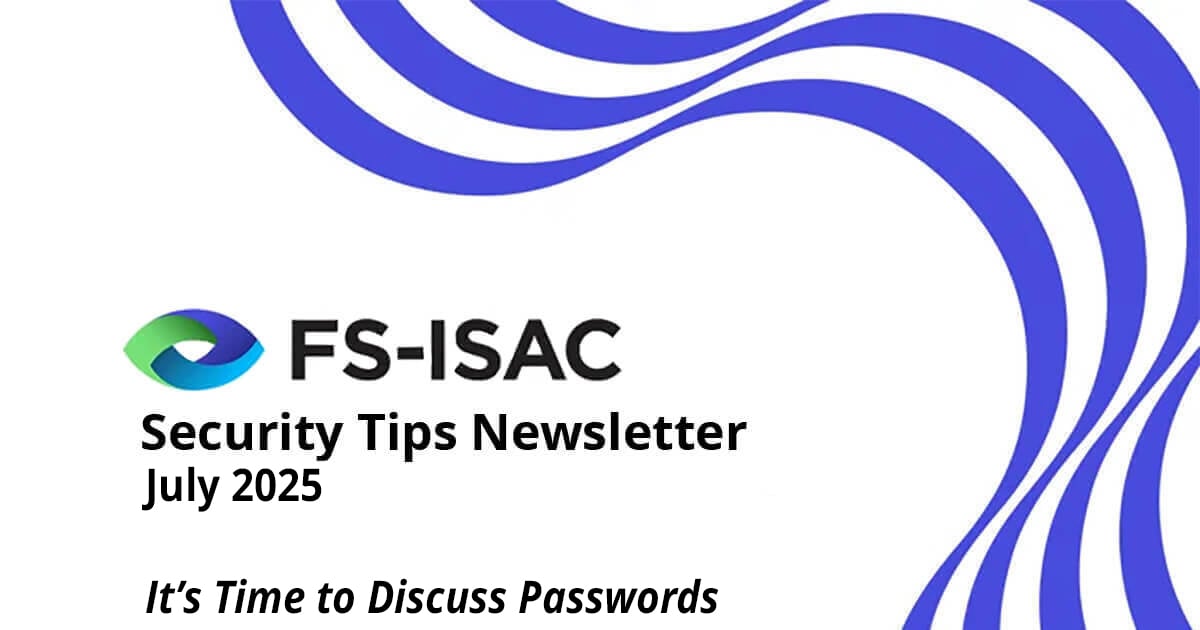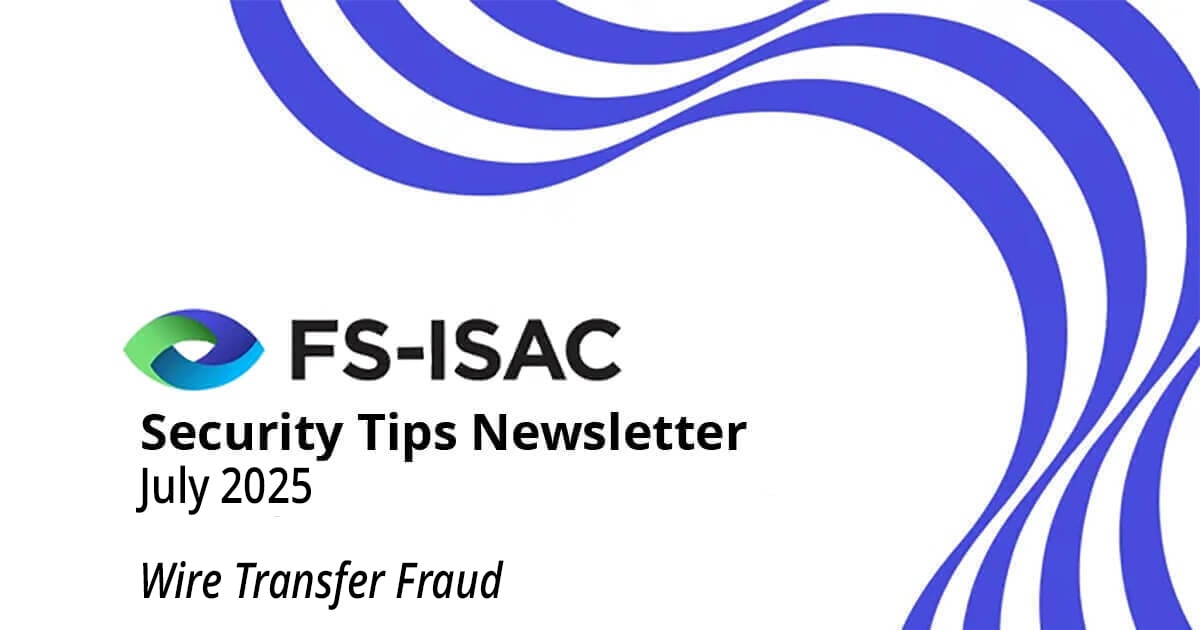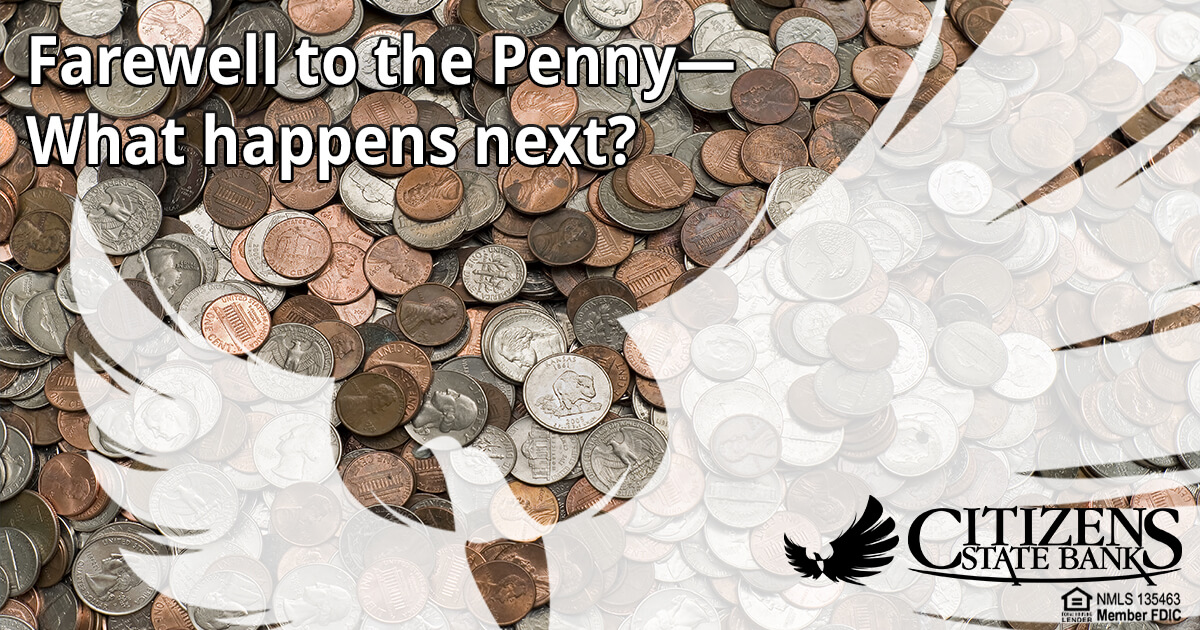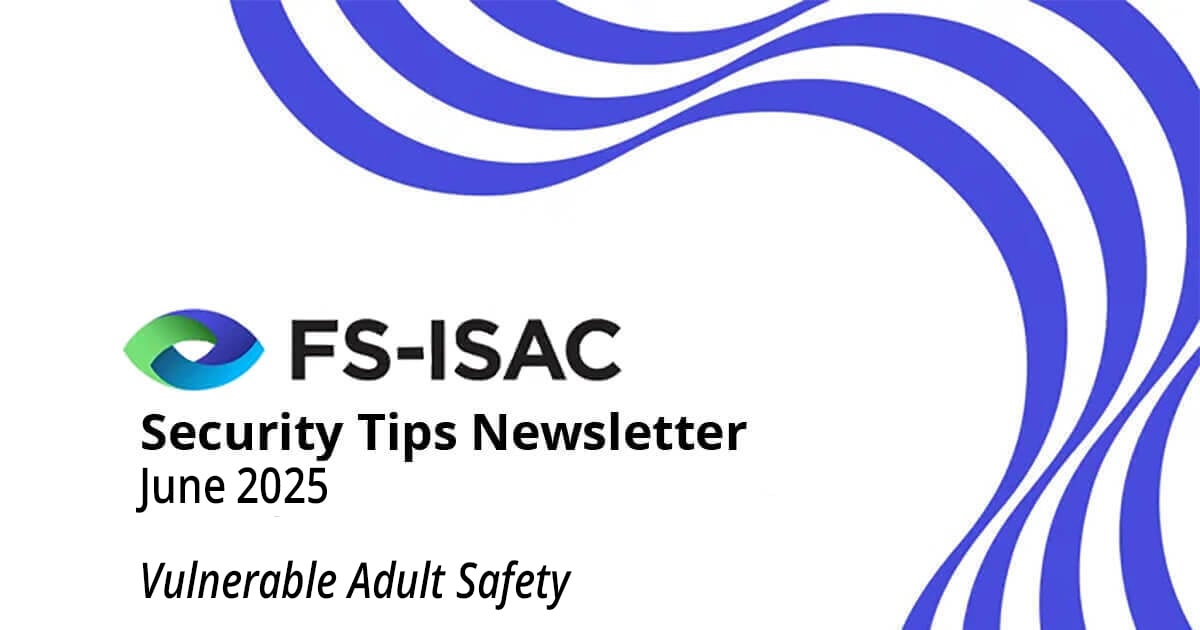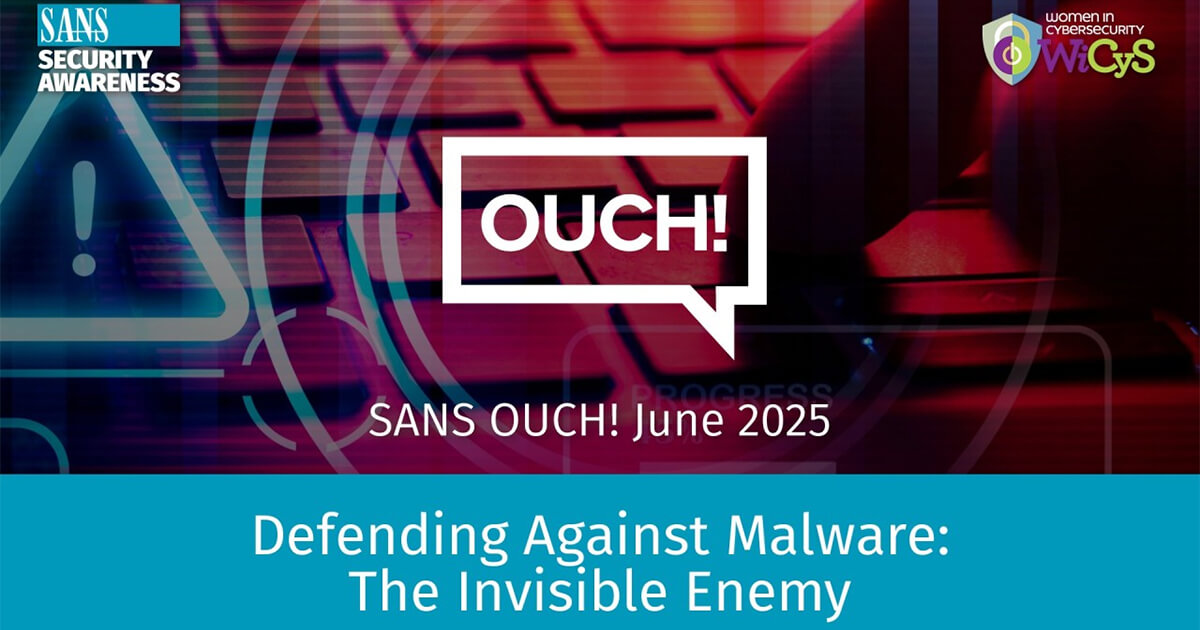Fraud Awareness
Protecting your personal and financial information is one of our top priorities. While we employ robust security measures to safeguard your accounts, the most effective defense against fraud is a strong partnership between us. That’s why we’ve created this Fraud Prevention Resource Center — to equip you with practical tools, insights, and best practices to help you stay vigilant both online and off.
Think it can’t happen to you? Even a seasoned Financial Advice Columnist for New York Magazine and The New York Times became a victim — proving that fraud can strike anyone. Stay informed. Stay protected.
NOTE: We will not ask for personal information via text message, e-mail or phone. If you receive such a request, delete it immediately ― being careful not to click any links in a text or email ― and contact us immediately at 888-529-5450.
Are you a victim of identity theft?
Report the incident and get a recovery plan from the FTC
Easy things you can do today:
- Make sure we have your correct contact information.
- Add the Bank's number - 888-529-5450 to your contacts.
- Review the passwords on all of your accounts...
- And make sure you're using multi-factor authentication.
- Make sure your malware and software protection are up to date.
- Set up debit card controls, then...
- Set up account alerts, then...
- Set up direct deposit.
Actions you should consider:
- Register for the Do Not Call list
- Register for the Do Not Mail list
- Learn about interest-based internet advertising settings
- Opt-Out of prescreened credit offers
- Place a freeze on your credit
- Protect your phone from spam texts
- Subscribe to FTC Consumer Alerts
- Clean up your digital devices
- Review your privacy settings
- Follow us on social media
- Answer a few simple questions to get personalized online safety recommendations - Security Planner by The Citizen Lab (it's confidential and doesn't require personal information)
Watch for these four warning signs of phishing in emails, calls, and texts:
Red Flag #1
Have any guesses?
(click arrow)
You're asked to open a link or attachment.
Red Flag #2
What do you think it will be?
They use urgent or fear-inducing language. They discourage you from contacting them using information you already have.
They urge you to
ACT NOW!!!
Red Flag #3
How are you doing?
They ask for personal information like PINs, passwords, user names, social security number, account numbers
Red Flag #4
Click for the final answer...
They pressure you to log into your account, send them money using a payment app, etc.
Scam Education and Testing
- The NIST asks - Are You Safe Online?
- Banks Never Ask That - See if you think each situation is legit or a scam
- Take the Pew Research Center Cybersecurity Knowledge Quiz
- Indiana Cybersecurity Scorecard (for businesses)
- Phishing Awareness Quiz from Cisco
- Can you survive a day in Scam City?
- Test your knowledge of scams, fraud, and identity theft from the AARP
- 11 Practical Ways to Keep Your IT Systems Safe and Secure - from the Information Commissioner's Office (ico.)
- BBB Business Tip: Top 10 Scams Targeting Small Businesses from the Better Business Bureau (BBB)
- Install the Cyber Security Evaluation Tool from the Cybersecurity & Infrastructure Security Agency (CISA)
- Guidelines for secure AI system development - from the National Cyber Security Centre
- North Star Toolkit for Small Businesses from America's Small Business Development Centers (SBDC)
- Protecting Your Small Business from Scams - information from Zelle®
- Anatomy of an Imposter Scam from the FTC
- Beware of the Grandparent Scam! While exact figures are hard to come by, we'd say this is among the most successful scam tactics.
- Fake Check Scams from the ABA and How to Spot, Avoid, and Report Fake Check Scams from the FTC
- Fake Shipping Notification Emails and Text Messages: What You Need to Know from the FTC
- How to Spot a Charity Scam - from Zelle®
- Money Mules - Don't Be a Mule: Awareness Can Prevent Crime from the FBI
- Online Dating Scams
- Phishing: Don't Take the Bait
- Ransomware infographic from the ABA
- When Love is a Lie: The Rise of AI-Powered Romance Scams - from the Cybercrime Support Network (Also - How to Recognize Warning Signs of a Loved One Involved in a Romance Scam)
- Financial Caregiving and You - from the American Bankers Association (ABA)
- Financial Exploitation Resources from the National Adult Protective Services Association (NAPSA)
- National Council on Aging: Avoiding Scams
- Preventing Elder Financial Abuse: 6 Tips from the Chicago Fed Webinar
- Protecting Older Adults from Fraud and Financial Exploitation from the Consumer Financial Protection Bureau (CFPB)
- Protect the Elderly from Financial Exploitation from the ABA
File a report of financial abuse with Adult Protective Services of Indiana
- Fraud Prevention Kit from the US Department of Veterans Affairs
- Military Consumer's Protect Yourself from Scams
- Military Consumer Protection from the FTC
- Protecting Veterans from Fraud
- 6 Top Scams to Watch Out for in 2024 from AARP
- Avoiding Social Engineering and Phishing Attacks from CISA
- Call Blocking Tools and Resources from the FCC
- How Secure is Your Password?
- How to Avoid a Scam - Printable PDF from the FTC
- The Latest Scams You Need to Be Aware of in 2025 - from Experian
- Vox Media & Zelle® - The Science Behind Scams
- What are some classic warning signs of possible fraud and scams? from the CFPB
- Zelle Pay it Safe Education Center
These graphic novels from the FTC offer practical advice to help spot and report common scams. The stories are based on reports to the FTC from Spanish speakers, but the scams and consumer advice are relevant to all communities.
Stay ahead of the fraudsters by learning about their latest, most innovative techniques.
Understanding the primary terminologies in the world of fraud is the first step to recognizing fraudulent activities and protecting yourself from them. When awareness isn’t enough, Joe Perez, the host of “The Fraud Lab” video series, walks through the right strategies that you need to navigate fraud for yourself and your business.
If you’ve ever wondered how fraudsters make money from their activities and what they do to protect themselves from getting caught, you’ve got to watch this video.
Financial Wellness Blog
We suggest subscribing to our Financial Wellness Blog, which frequently includes fraud-prevention articles.
The views, information, or opinions expressed in these articles are solely those of the author and do not necessarily represent the views of Citizens State Bank and its affiliates, and Citizens State Bank is not responsible for and does not verify the accuracy of any information contained in these articles or items hyperlinked within. This is for informational purposes and is no way intended to provide legal advice. This page does not contain an exhaustive list of all preventative measures for avoiding fraud. Following the recommendations in these articles does not guarantee loss will not occur due to fraudulent activity.

